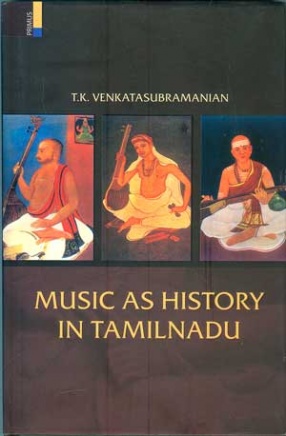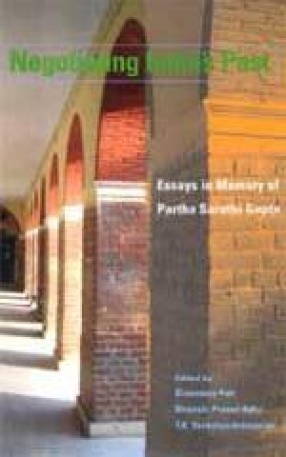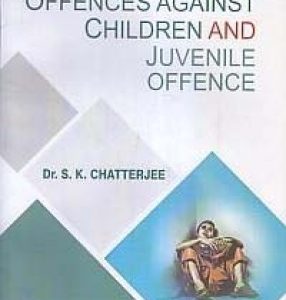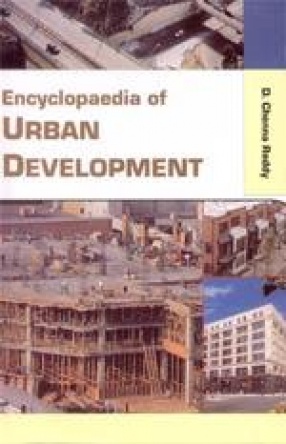In recent years South India (particularly the medieval period) had become a subject of considerable historical debate. The decline of a Status and Society, its supersession by another etc. re customarily perceived to be a disjunction. Historians of south India had paid more alterntion in tracing the impact of political changes on agrarian organization of the medieval period. Cognitiion of social and political trends are called for. A macro view without authentic micro insights cannot provide any meaningful understand of the situation or an unmutiliated picture. Tamilkam records a set transformation in mono-agrarian structure that could be historically traced. A conspicuous feature is that the feeble advances in technology had not been able to set their mark on society. Political changes are relatively well marked. The institution of the Polegar system in the tirunelveli district, Tamilnadu, South India is one such political change. The time-interval that witnessed the operation of the system (c. 1600-1801) is of considerable significant. It is the meeting place of the past and the spring-board of the future. The particular time interval had escaped the notice of historicians who sought to explain the forces at work prior to C. 1600 A.D. and these who sought to explain the impacts after C. 1801 A.D. An attempt has been made here to justify this claim. The experiment (Palayam System) is subjected to critical analysis and the memory of the pre-colonial past is woven in to the matrix of changes that the time=interval witnessed, attended by an estimation of theresearches so far undertaken by scholars in the field.

Political Change and Agrarian Tradition in South India C.1600-18001: A Case Study
In stock
Free & Quick Delivery Worldwide
reviews
Bibliographic information
Title
Political Change and Agrarian Tradition in South India C.1600-18001: A Case Study
Author
Edition
1st ed.
Publisher
Length
xvi+134p., Map; Notes; References; Appendices; Bibliography; Index; 21cm.
Subjects






There are no reviews yet.